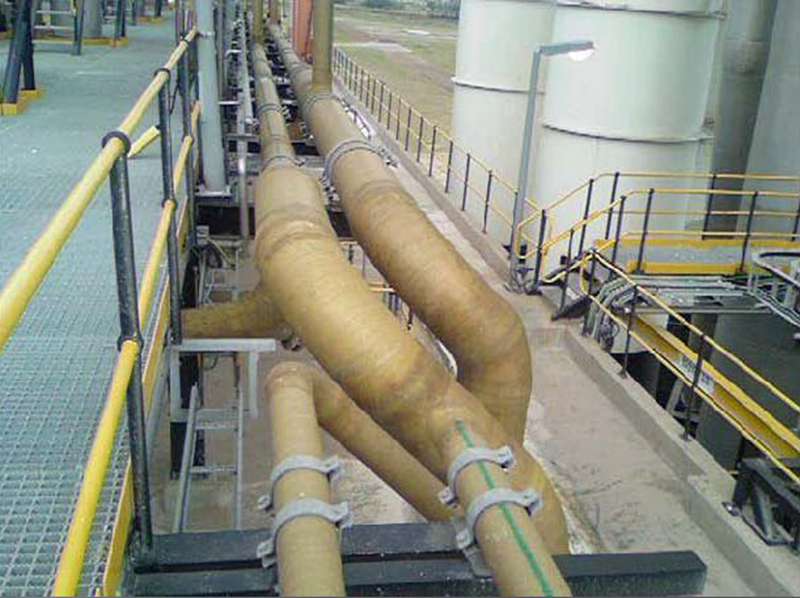
-
 Afrikaans
Afrikaans -
 Albanian
Albanian -
 Amharic
Amharic -
 Arabic
Arabic -
 Armenian
Armenian -
 Azerbaijani
Azerbaijani -
 Basque
Basque -
 Belarusian
Belarusian -
 Bengali
Bengali -
 Bosnian
Bosnian -
 Bulgarian
Bulgarian -
 Catalan
Catalan -
 Cebuano
Cebuano -
 China
China -
 China (Taiwan)
China (Taiwan) -
 Corsican
Corsican -
 Croatian
Croatian -
 Czech
Czech -
 Danish
Danish -
 Dutch
Dutch -
 English
English -
 Esperanto
Esperanto -
 Estonian
Estonian -
 Finnish
Finnish -
 French
French -
 Frisian
Frisian -
 Galician
Galician -
 Georgian
Georgian -
 German
German -
 Greek
Greek -
 Gujarati
Gujarati -
 Haitian Creole
Haitian Creole -
 hausa
hausa -
 hawaiian
hawaiian -
 Hebrew
Hebrew -
 Hindi
Hindi -
 Miao
Miao -
 Hungarian
Hungarian -
 Icelandic
Icelandic -
 igbo
igbo -
 Indonesian
Indonesian -
 irish
irish -
 Italian
Italian -
 Japanese
Japanese -
 Javanese
Javanese -
 Kannada
Kannada -
 kazakh
kazakh -
 Khmer
Khmer -
 Rwandese
Rwandese -
 Korean
Korean -
 Kurdish
Kurdish -
 Kyrgyz
Kyrgyz -
 Lao
Lao -
 Latin
Latin -
 Latvian
Latvian -
 Lithuanian
Lithuanian -
 Luxembourgish
Luxembourgish -
 Macedonian
Macedonian -
 Malgashi
Malgashi -
 Malay
Malay -
 Malayalam
Malayalam -
 Maltese
Maltese -
 Maori
Maori -
 Marathi
Marathi -
 Mongolian
Mongolian -
 Myanmar
Myanmar -
 Nepali
Nepali -
 Norwegian
Norwegian -
 Norwegian
Norwegian -
 Occitan
Occitan -
 Pashto
Pashto -
 Persian
Persian -
 Polish
Polish -
 Portuguese
Portuguese -
 Punjabi
Punjabi -
 Romanian
Romanian -
 Russian
Russian -
 Samoan
Samoan -
 Scottish Gaelic
Scottish Gaelic -
 Serbian
Serbian -
 Sesotho
Sesotho -
 Shona
Shona -
 Sindhi
Sindhi -
 Sinhala
Sinhala -
 Slovak
Slovak -
 Slovenian
Slovenian -
 Somali
Somali -
 Spanish
Spanish -
 Sundanese
Sundanese -
 Swahili
Swahili -
 Swedish
Swedish -
 Tagalog
Tagalog -
 Tajik
Tajik -
 Tamil
Tamil -
 Tatar
Tatar -
 Telugu
Telugu -
 Thai
Thai -
 Turkish
Turkish -
 Turkmen
Turkmen -
 Ukrainian
Ukrainian -
 Urdu
Urdu -
 Uighur
Uighur -
 Uzbek
Uzbek -
 Vietnamese
Vietnamese -
 Welsh
Welsh -
 Bantu
Bantu -
 Yiddish
Yiddish -
 Yoruba
Yoruba -
 Zulu
Zulu
grp chemical tank
The Importance of GRP Chemical Tanks in Modern Industries
In today's rapidly evolving industrial landscape, the safe and efficient storage of chemicals is paramount. Glass Reinforced Plastic (GRP) chemical tanks have emerged as a vital solution for various industries, providing an effective means of handling a wide range of corrosive substances. Their unique properties make them an ideal choice for many applications, ranging from wastewater treatment to chemical processing.
The Importance of GRP Chemical Tanks in Modern Industries
One of the primary advantages of GRP chemical tanks is their customizable design. These tanks can be fabricated in various shapes and sizes to meet specific storage requirements. Whether a facility needs a small tank for specialized chemicals or a large tank for bulk storage, GRP can be tailored to fit those needs. Furthermore, the lightweight nature of GRP makes installation and relocation easier compared to heavier materials, enabling companies to adapt quickly to changing operational demands.
grp chemical tank

Safety is another critical factor driving the adoption of GRP chemical tanks. Many industries are subjected to stringent regulations and standards governing the storage of hazardous materials. GRP tanks not only comply with these regulations but also incorporate advanced features such as secondary containment systems to prevent spills. These safety measures are essential for protecting workers, the environment, and the surrounding community from the potential dangers associated with chemical storage.
In addition to their practical benefits, GRP tanks offer economic advantages. While the initial investment may be higher compared to traditional materials, the long-term savings generated by reduced maintenance costs, lower insurance premiums, and fewer environmental fines can outweigh this upfront cost. Moreover, the energy efficiency of GRP tanks, which require less energy to manufacture than steel tanks, makes them a more sustainable choice in the long run.
Industries such as pharmaceuticals, oil and gas, and food and beverage are increasingly turning to GRP chemical tanks to meet their needs. For instance, in the wastewater treatment sector, GRP tanks provide reliable storage for volatile chemicals while minimizing the risk of contamination. Similarly, in the food and beverage industry, GRP tanks can store additives and other chemicals safely, ensuring product quality.
In conclusion, GRP chemical tanks represent a significant advancement in the storage and handling of chemicals across various industries. Their corrosion resistance, customizable design, safety features, and economic advantages make them a preferred choice for many applications. As industries continue to evolve and face new challenges, the role of GRP tanks in promoting safety and efficiency will become even more crucial. Embracing this technology not only enhances operational effectiveness but also contributes to a safer, more sustainable future.
Latest news
-
Exploring the Benefits of Top Hammer Drifter Rods for Enhanced Drilling PerformanceNewsJun.10,2025
-
High-Precision Fiberglass Winding Machine for GRP/FRP Pipe Production – Reliable & Efficient SolutionsNewsJun.10,2025
-
FRP Pipes & Fittings for Shipbuilding - Corrosion-Resistant & LightweightNewsJun.09,2025
-
Premium FRP Flooring Solutions Durable & Slip-ResistantNewsJun.09,2025
-
Premium Fiberglass Rectangular Tanks Durable & Lightweight SolutionNewsJun.09,2025
-
Tapered Drill String Design Guide Durable Performance & UsesNewsJun.09,2025









